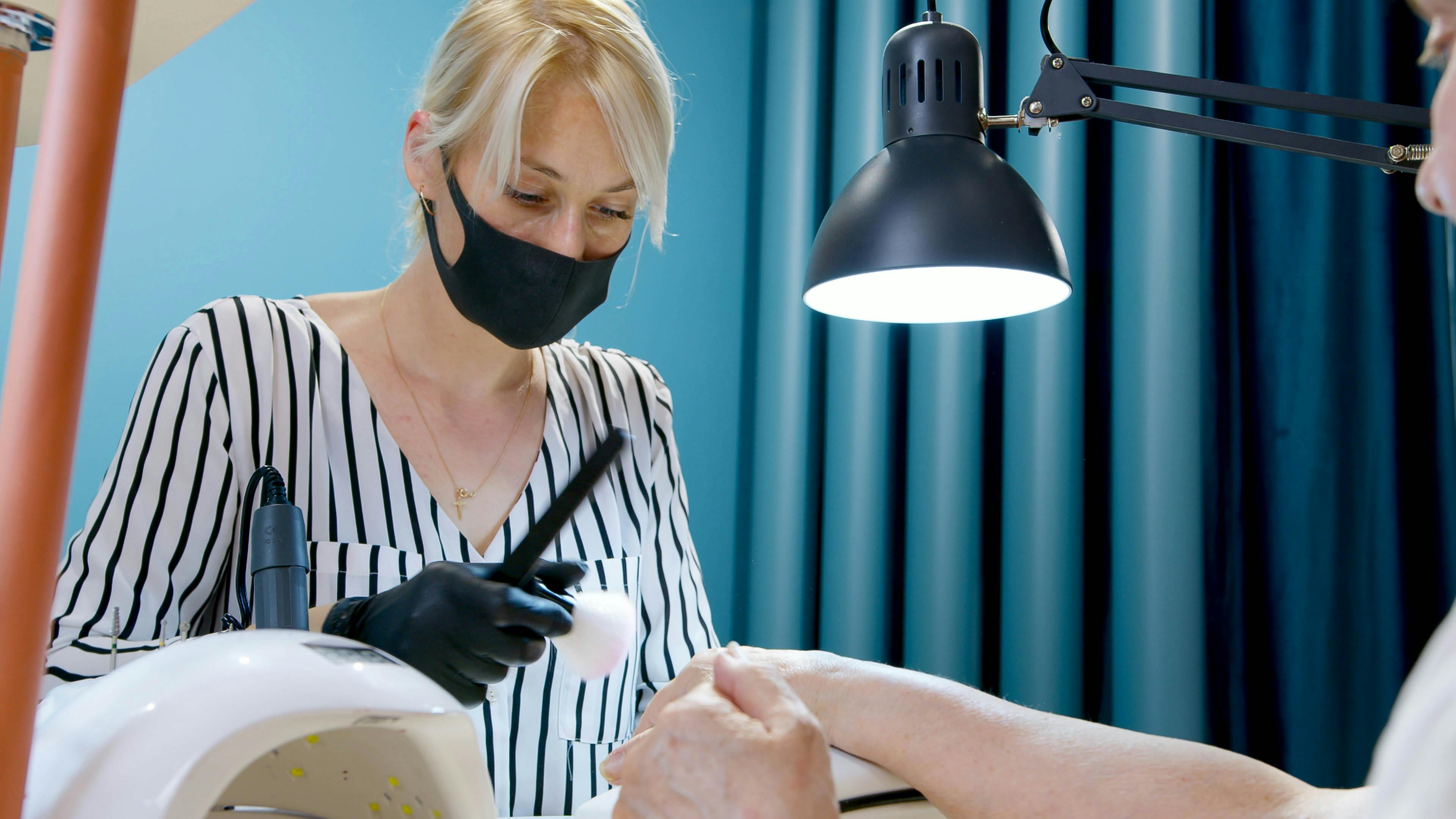Are you full of despair and emptiness? Has life lost its meaning for you and no one could understand your feelings? Do you think there is no future without your loved one? If you feel this way, you may be suffering from what is often called normal reactive depression. You are depressed and reacting because something or someone you appreciate is gone.
We are not talking here about clinical or biochemical depression, although reactive depression can evolve into the clinical type. Depression due to the loss of a loved one does not usually require medication, although in some cases it is prescribed and is temporarily useful. Here is what you need to know.
1. Not everyone gets depressed after the death of a loved one. It’s perfectly normal not to suffer from depression as it is to deal with it. However, after the death of a loved one, thoughts and attitudes often trigger loneliness and the resulting depression, which occurs early in grief. He presents with confusion, low motivation, altered self-esteem, lack of meaning, reduced functioning in his own social circle, insomnia and low energy.
2. If you are depressed, acknowledge it. Describe it in detail, where it hurts and how it feels. “What is the message or messages that this emotion is delivering to me?” is an important issue to address. What should I accept? To let go? The refusal to accept the loss is often a root cause of depression. Depending on what you believe about your depression, you will have options to help control or prolong it.
3. Talk to your best friend. Remember, the more you isolate yourself, and this is what depression tends to do, the more your emotional and physical stress will increase. Saying how you really feel (especially what you’re afraid of and how angry you may be) to someone you’re sure you’re with is a great antidote to your grievance and to dealing with depression. And, by giving to yourself and to others, you will also release depressive feelings.
4. Use a universal treatment for depression: exercise. Physical activity will have an effect on brain chemistry and help in managing depression. Take 10-15 minute walks, preferably with someone. This will activate your endorphins and affect your mood.
5. Find a symbol of comfort and guidance. Create a symbol that brings back loving memories of the person who died and/or your Higher Power who is with you at all times, and will help you through your great loss. Keep the symbol in a place where you will see it frequently and use it as a signal to think of loving memories and to accept the new conditions of life.
6. Do deep-seated negative beliefs (I can’t go on alone, I’m being punished, I’ll never feel better, I’m worthless, etc.) add to your depression? Take back your power. Get rid of those beliefs that say you are less and not more. Believe you can improve. Create opposing affirmations and keep repeating them throughout the day.
7. Begin to learn to tolerate uncertainty. This can be achieved by addressing your spiritual and symbolic beliefs. You will increase your options by letting your spiritual beliefs guide you and strengthen your faith that you will overcome this painful loss. Know what you can and cannot control. You can control how you deal with major changes; you cannot control what others say and do or what has already happened.
8. Let possibility educate you out of depression. This is where your imagination can help in a very positive way. Are you open to exploring the many options that exist for coping with loss? Start learning about them from others, support groups, readings, and experts. By creating options to deal with fear, anger, guilt, and negative thoughts, you can change your view of what lies ahead.
9. Check your eating habits and if you have insufficient amino acids. Protein consumption at all three meals can affect neurotransmitters and energy levels. Reduce your intake of carbohydrates (not complex carbohydrates), sugar, alcohol, and fast food, and increase your intake of fruits and vegetables. The way you feel physically will increase or decrease depression.
Whenever you feel depression creeping back in, immediately ask yourself this key question: “What are my options here?” If you are burying your feelings and not facing them, depression is a common result.
refusing to withdraw from life; make connections and express your feelings to a support group or your best friend. If your depressive symptoms last for more than a couple of months, be sure to see a professional counselor. You can cut through this darkness and out into the light by taking action early (don’t wait for it to get worse) to deal with this pervasive emotion.



